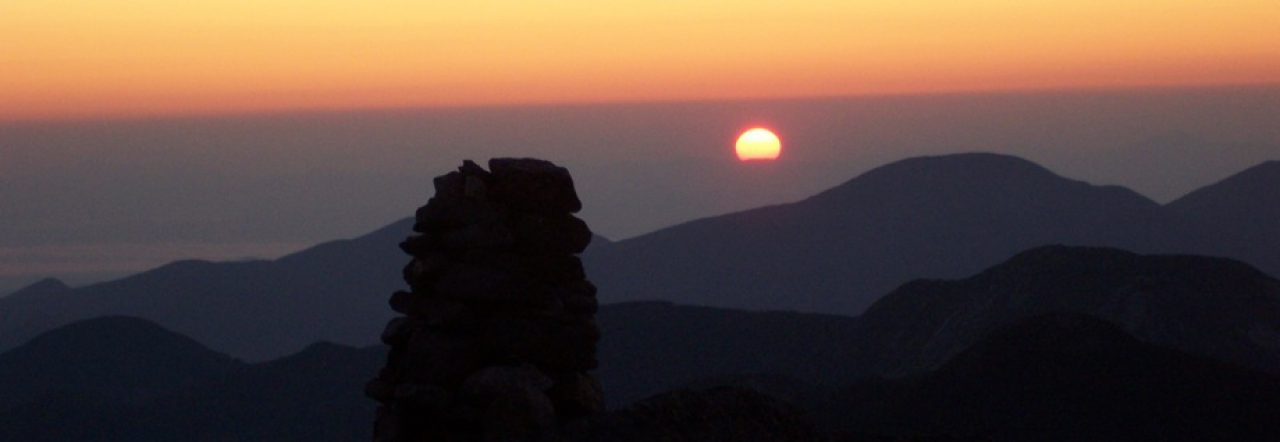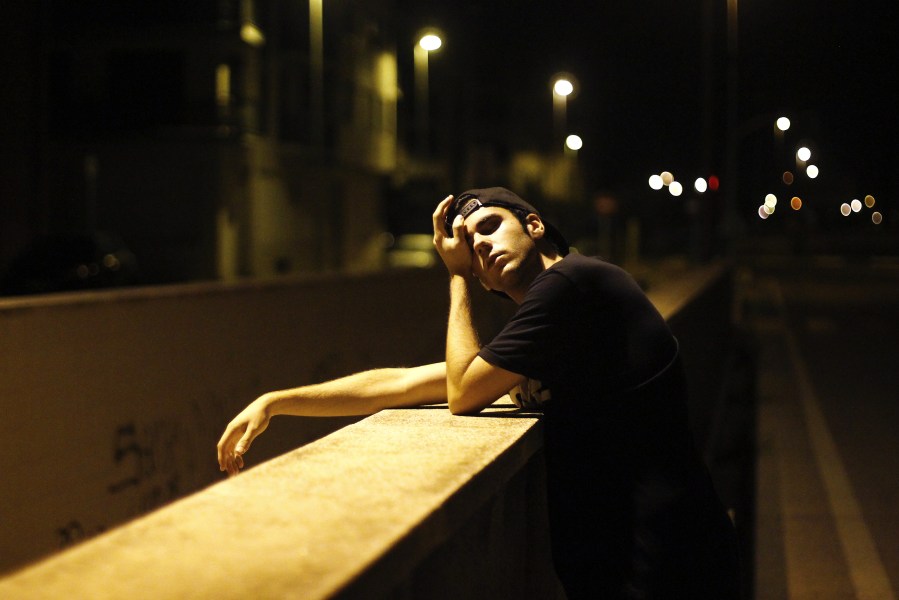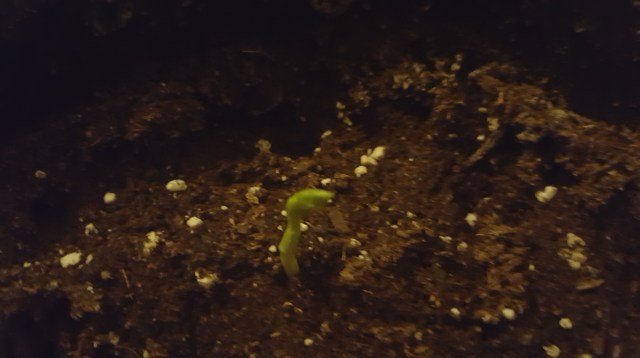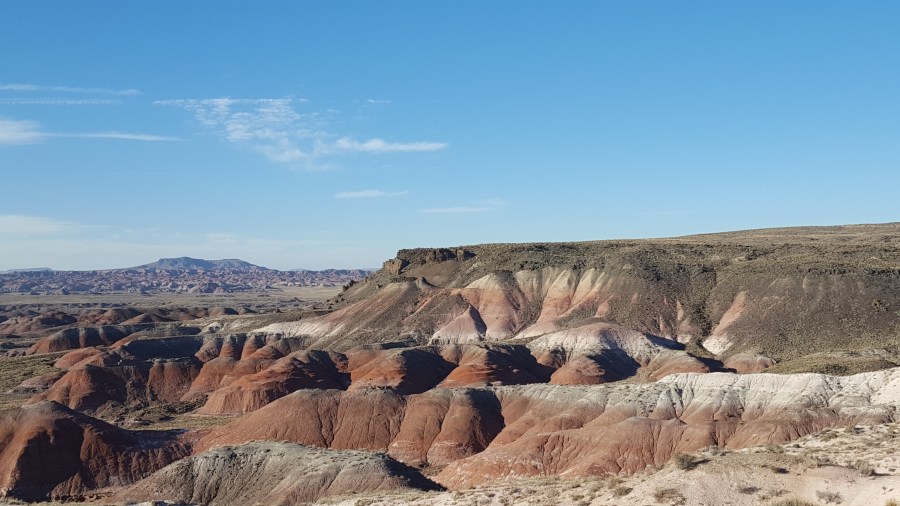Been rereading old journals tonight and this one stuck out, Dated 30 June 2013:
Egypt is active—even Ma’adi is active. We had a quiet day today: reading, writing, resting, talking. Abuna Bishoi didn’t let us leave the seminary at all, so we resolved to have a focused, quiet day here. I started out by cleaning my room, washing some clothes, and having a simple breakfast of yogurt, dates, and a Cliff Bar.
Then Dea joined me, we talked, and we went down to breakfast with the others. There, most of the seminarians were tense and only knew the vague outlines for the day, telling us that unrest had erupted all across Egypt.
“I am very worried for Egypt,” said Ashraf.
Then, we separated. I read and I made some tea and dug up a short story to work on: Free Birds. I made some good progress. .
Afterward, we had lunch. Then the teachers, including me, watched a great movie called The Visitor. It was about a quiet college professor who teaches globalization in Connecticut. His wife, a pianist, is dead. He comes to an old apartment, finding a Syrian and his wife from Senegal in it. Not wanting to throw them out, he lets them live with him. He becomes their friend, and starts playing the drum. Then the Syrian is arrested. He’s innocent, but he’s also an illegal alien and is transferred to a deportation office.
The professor keeps trying to help. The Syrian’s mother comes, and the two fall in love. But the Syrian gets deported, and the mother returns to Syria to be with her son. They are all heart-broken.
The dialogue was terse and realistic, the shots were direct, yet fulfilling. The score was elegiac and beautiful—a lot of simple piano music and rhythmic drums. The story was good, and the acting was good.
After that, I wrote some more, working on the short story, and then Dea and Amy visited the suite, where we had snacks. Rita came after they left. We talked about the protests and the students and the teasing proximity of the flight home. Rita and I also talked a lot about books and writers. Then we had dinner, where I sat with Ashraf, Romany, and Alaa. I had a blast, and we joked a lot.
Then, I went on a walk with Atef, to say goodbye. He had given all the teachers a letter, thinking us and asking us to pray for him and Egypt. I got teary-eyed reading it. We walked around the seminary for about twenty minutes—although it felt like a very short time. He said a lot, like “Many in Egypt need many things, like gas, and food, and water. “They do not want, they need.” Also, he said, “I love Egypt.” I told him it was in his bones; he liked that. “This is American, I think?”
Then, I went to the roof, and looked out into the night. An old can rattled, and a heavy wind blew at me. I saw a group of young men walking down the street waving flags, shouting in rhythm “Yalla Morsi!” A few kids joined them too. They went down the road, converging on what sounded like a bigger crowd—even a convoy of people and cars. People shouted slogans and cars beeped out a rhythm as they flowed down the road. A tree blocked my view, but I could see the lights, the outlines of people, and hear the excitement.
Now I am here, writing, having just finished a non-alcoholic bear, courtesy of Abuna Bishoi. I can’t wait to be in my own bed again, but I think I am so tired that I will sleep well here. A good day, I think. I will have to see what comes in time.







